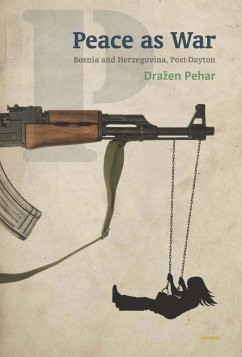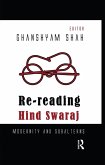The book is about the peace implementation process in Bosnia-Herzegovina viewed, or interpreted reasonably, as a continuation of war by other means. Twenty years after the beginning of the Dayton peace accords, we need to summarize the results: the author shares the general agreement in public opinion, according to which the process is a failure. Pehar presents a broad, yet sufficiently detailed, view of the entire peace agreement implementation that preserves 'the state of war,' and thus encourages the war-prone attitudes in the parties to the agreement. He examines the political and narratological underpinnings to the process of the imposed international (predominantly USA) interpretation of the Dayton constitution and peace treaty as a whole. The key issue is the - perhaps only semi-consciously applied - divide ut imperes strategy. After nearly twenty years, the peace in document was not translated into a peace on the ground because, with regard to the key political and constitutional issues and attitudes, Bosnia remains a deeply divided society. The book concludes that the international supervision served a counter-purpose: instead of correcting the aberration and guarding the meaning that was originally accepted in the Dayton peace treaty, the supervision approved the aberration and imposed it as a new norm under the clout of 'the power of ultimate interpretation.'
Dieser Download kann aus rechtlichen Gründen nur mit Rechnungsadresse in A, B, BG, CY, CZ, D, DK, EW, E, FIN, F, GR, HR, H, IRL, I, LT, L, LR, M, NL, PL, P, R, S, SLO, SK ausgeliefert werden.









